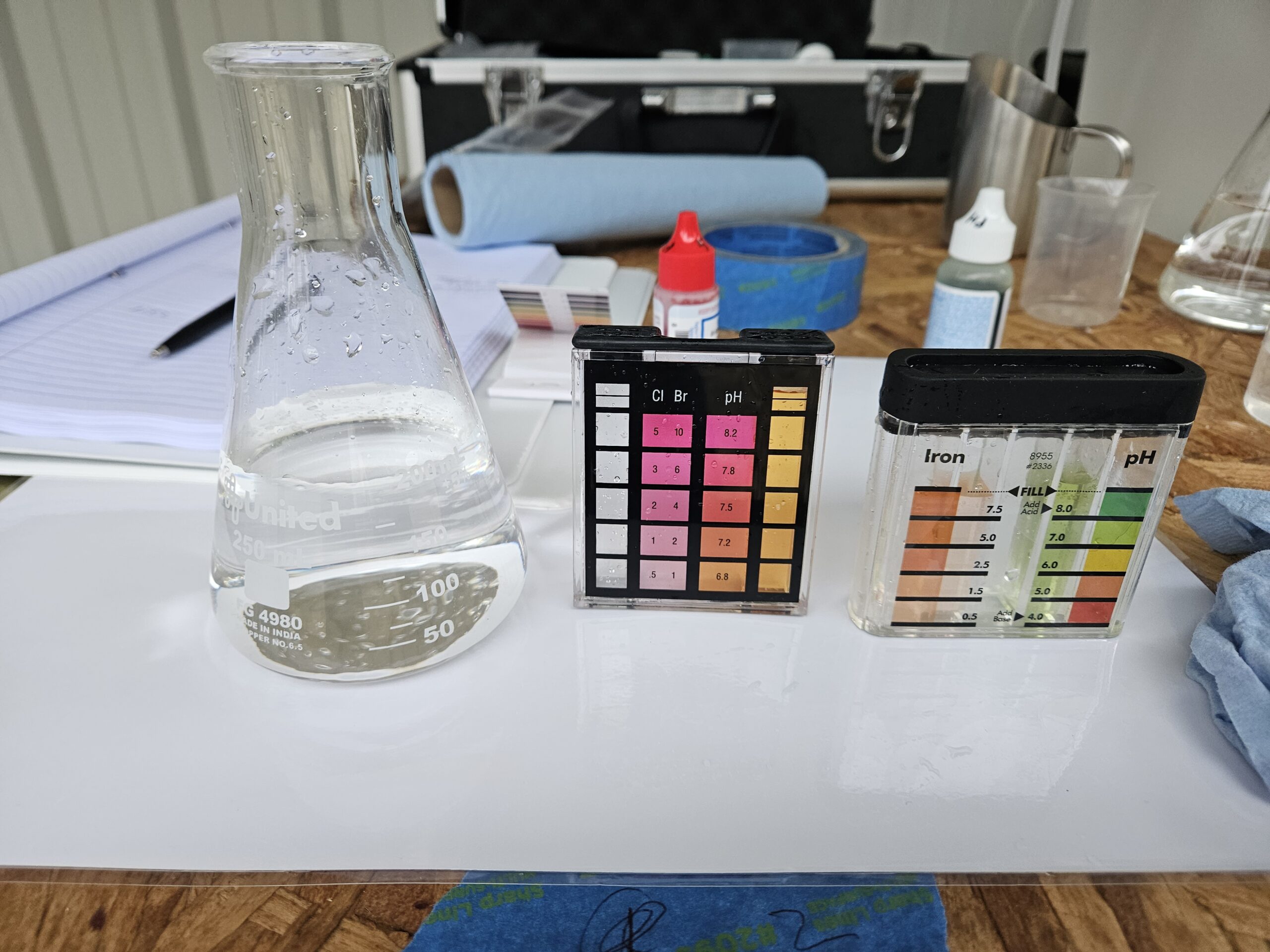Introduction
In Texas, where water quality concerns are rising, the importance of effective water filtration systems cannot be overstated. One of the most reliable and advanced solutions available today is the UV water filtration system. With 86% of water sources in Texas testing positive for contaminants like Cryptosporidium, safeguarding your health by equipping your water system with UV light technology has become essential. This blog delves into the significance of Texas UV water filtration systems, their benefits, and why they are crucial for Texans.
The Rising Concern of Water Contaminants
Water contamination is a significant issue in Texas. Cryptosporidium, a microscopic parasite, has been found in a substantial portion of the state’s water supply. This parasite is particularly concerning because it can bypass traditional chlorination methods, posing severe health risks if ingested, absorbed through the skin, or inhaled.
Health Risks of Cryptosporidium
Cryptosporidium can cause cryptosporidiosis, a disease leading to severe gastrointestinal illness. Symptoms include diarrhea, stomach cramps, dehydration, nausea, vomiting, fever, and weight loss. The infection is especially dangerous for individuals with weakened immune systems, the elderly, and young children.
How UV Water Filtration Systems Work
UV water filtration systems use ultraviolet light to disinfect water by deactivating harmful microorganisms such as bacteria, viruses, and parasites. When water passes through the UV light, the DNA of these pathogens is disrupted, rendering them unable to reproduce and cause infection.
Benefits of UV Water Filtration Systems
- Effective Disinfection: UV systems are highly effective in neutralizing harmful microorganisms that can evade traditional chemical treatments.
- Chemical-Free Process: Unlike chlorination, UV filtration does not introduce chemicals into the water, making it safer and more environmentally friendly.
- Low Maintenance: UV systems require minimal maintenance compared to other filtration methods, ensuring continuous protection with little effort.
- Improves Water Quality: By eliminating pathogens, UV filtration enhances the overall quality and safety of your drinking water.
Why Texas Needs UV Water Filtration Systems
Given the high incidence of Cryptosporidium and other contaminants in Texas water, UV filtration systems are not just an option but a necessity. Here’s why:
Protection Against Resistant Contaminants
Cryptosporidium and certain other microorganisms are resistant to traditional chlorination. UV water filtration systems provide an additional layer of security by effectively targeting these resilient pathogens.
Comprehensive Health Safeguard
Contaminated water poses risks not only through ingestion but also through skin contact and inhalation. UV systems protect against all routes of exposure, ensuring comprehensive health safety.
Enhancing Public Health
Implementing UV water filtration systems at a community level can significantly reduce the incidence of waterborne diseases, promoting overall public health and wellbeing.
Installing UV Water Filtration Systems in Texas
Residential Applications
For homeowners in Texas, installing a UV water filtration system ensures that every drop of water is safe for drinking, cooking, and bathing. These systems can be integrated with existing water filtration setups to provide complete protection.
Commercial and Industrial Uses
Businesses and industries in Texas also benefit from UV water filtration. From ensuring the safety of employees and customers to maintaining the quality of products, these systems are crucial in various commercial settings.
Key Features to Consider
When choosing a UV water filtration system, consider the following features:
- Flow Rate: Ensure the system can handle the volume of water used in your home or business.
- Lamp Life and Replacement: Check the lifespan of the UV lamp and the ease of replacement.
- System Certification: Look for systems certified by relevant health and safety standards.
- Installation and Maintenance: Consider professional installation and the system’s maintenance requirements.
Case Study: Successful Implementation in Texas
A recent study highlighted a community in Texas that successfully reduced waterborne illness rates by implementing UV water filtration systems. The study showed a significant drop in Cryptosporidium-related infections, demonstrating the effectiveness of UV technology in safeguarding public health.
Future of Water Filtration in Texas
As water quality issues continue to rise, the future of water filtration in Texas lies in advanced technologies like UV filtration. Ongoing research and development are expected to enhance the efficiency and affordability of these systems, making them more accessible to the broader population. UV filtration, in particular, stands out due to its ability to effectively neutralize harmful microorganisms without the use of chemicals. This method of filtration works by exposing water to ultraviolet light, which penetrates the cells of bacteria and viruses, rendering them inactive and preventing them from reproducing.
One of the significant advantages of UV filtration is its environmental friendliness. Unlike traditional chemical treatments, UV filtration does not introduce any harmful byproducts into the water, ensuring that it remains safe for consumption and use. Additionally, the maintenance of UV systems is relatively straightforward, often only requiring the periodic replacement of the UV lamp.
The Bottom Line
Texas UV water filtration systems are a vital investment in health and safety. With a high percentage of water sources testing positive for Cryptosporidium, it is essential to adopt advanced filtration methods that offer comprehensive protection. UV water filtration systems provide effective disinfection, are environmentally friendly, and require minimal maintenance, making them an ideal choice for both residential and commercial applications. By embracing this technology, Texans can ensure safer, cleaner water and better public health outcomes.
